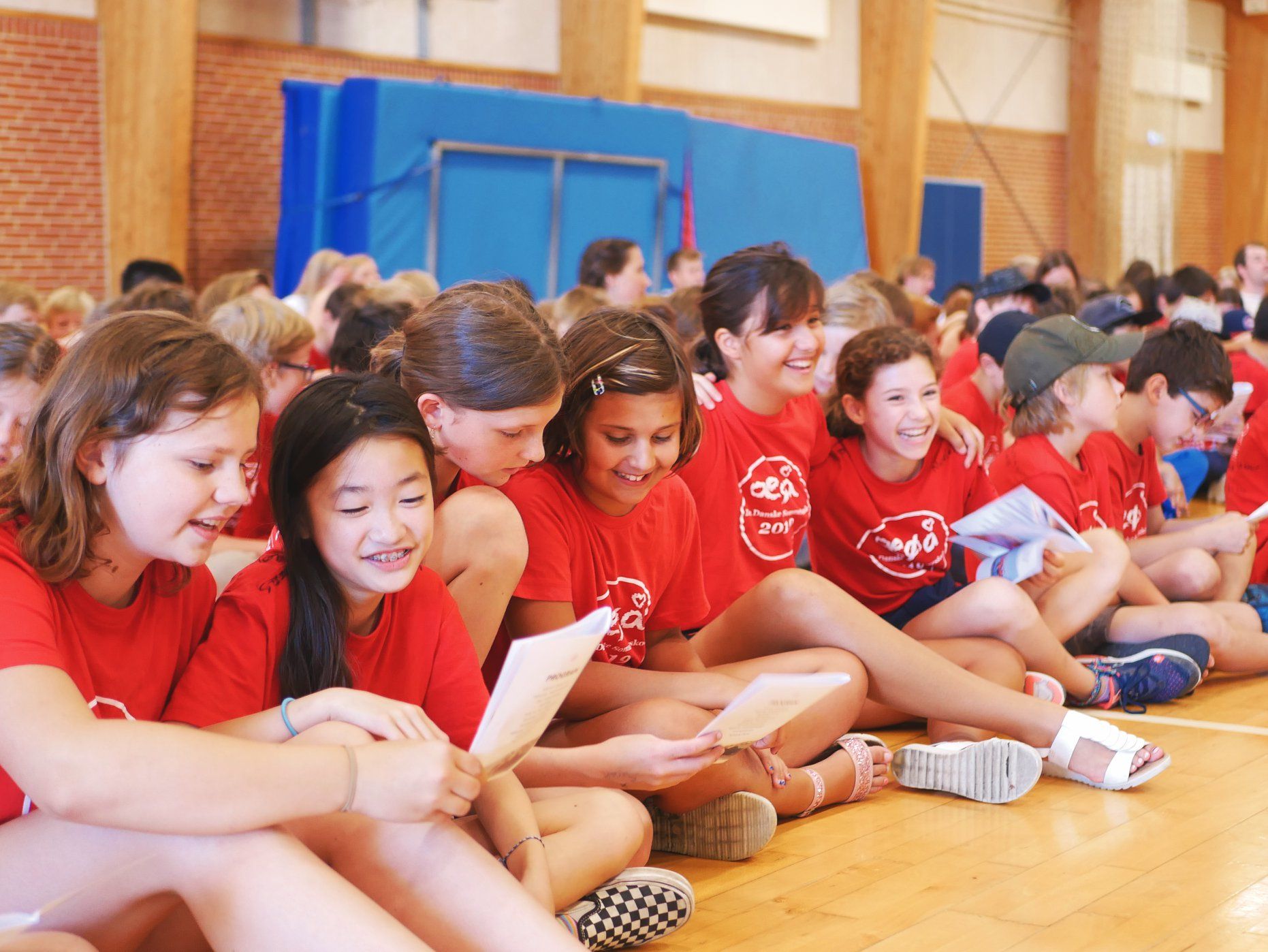Chris is 46. He met Mette on a stag night in Copenhagen 2003, and within a year they were married. Anton duly followed in 2005 and then five years later, a dream opportunity arose for Chris in the US. The timing was perfect: Mette was heavily pregnant and little Anton was ready to start school.
Later this year, they’re returning to Denmark. While Mette has ensured Anton has maintained his mother tongue, lillebror Hans, 11, comprehends but doesn’t chat, and Daddy Dave’s dodgy Danish is rudimentary at best.
For the three men in the family, Danish classes are essential. Anton needs to pass the level needed for high school, Hans seeks confidence-boosting onboarding before starting Grade 5 at public school, and Daddy Dave wants to boost his employment prospects.
For Mor Mette, meanwhile, it’s a girls-only holiday in the Med.
For all abilities
Believe it or not, but all of these scenarios are common back-stories among those enrolling at Den Danske Sommerskole, a sought-after service provided every July where students can improve their language skills and learn about Danish culture.
Catering to pre-teens (Family Summer School, where they can be joined by adults) and teenagers (Summer School), the courses cater to a wide variety of abilities (Beginner, Basic, and School Level), special purposes (‘Church Confirmation’ and ‘Returning to Denmark’) and needs (study, work, social).
Most of the students are Danish heritage children returning to their homeland, but with options open to adults as well, the school tends to attract a wide mix of nationalities.
The primary language is Danish, but don’t worry as English will be used when practical or to follow protocol – for example, information about health and safety.
Focus with the family
Taking place from July 10-18, ‘Family Summer School’ is aimed at two age groups: children aged 6-9 and 10-13.
They should be accompanied by up to two family members, and it is not uncommon for the different participants to use the experience for future networking should they end up moving to Denmark.
The primary aim is improving the youngsters’ language skills and knowledge of the country through lessons, activities and excursions.
The 20/35 language lessons are taught with “a playful and fun approach … which is both versatile and creative”.
While the families are encouraged to have fun, relax together and enjoy “an experience to energise body and soul”, it is also very much an educational course, and the students are expected to acquit themselves to the best of their ability.
It is common for the students to be exposed to Danish educational methods, such as the tendency to conduct a lot of group projects that involve collaboration.
Testing the teens
Taking place from July 7-23, ‘Summer School’ is aimed at children aged 10-17 with a Danish background who are based outside Denmark and want to improve their language skills and knowledge of the country.
There are three levels: Beginners, Basic, and School Level. Those aged 14-16 may select the ‘Church Confirmation’ track, while those aged 14-17 may select the ‘Returning to Denmark’ track.
It consists of 75 lessons – and various activities including sports, drama and creative workshops, as well as excursions and “adventures” – and is so popular that 70 percent of all students end up returning for another year.
With the ‘School Level’ option, preparing students for entry into the Danish education system is a key focus, and it is possible to sit the Grade 9 Graduation Exam (FP9), which will enable students to gain admittance to a Danish upper-secondary school (ages 16-19), as well as other language tests.
Like the Family Summer School, it is first and foremost an educational opportunity that is taken seriously, which will expose the students to common Danish educational methods.
A great option for those …
– with a Danish child/grandchild
– living outside Denmark
– with an interest in the language and culture of Denmark
– who wish to meet other Danish expat families
– seeking ‘learning vacations’ with a focus on learning Danish
To find out more information, visit sommerskolen.dk














